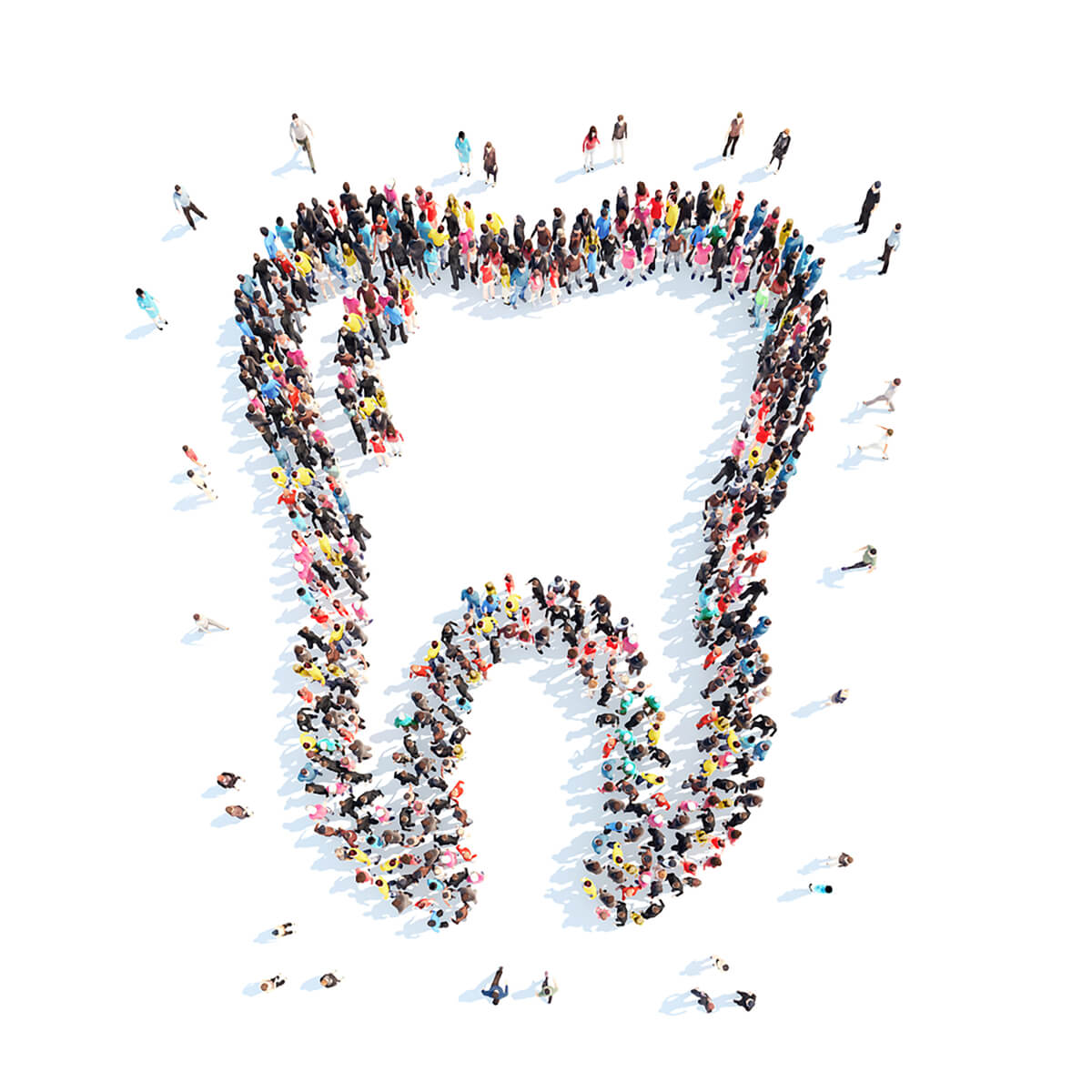Dental emergencies never occur when we expect them to, and they are typically brought on by mishaps and poor oral hygiene. As a result, many of us tend to scurry around like a headless chicken as opposed to breathing and thinking clearly.
You must maintain composure instead of panicking when handling a dental emergency, whether it is known or unfamiliar, because doing so enables you to make the right choices. Regardless of your circumstances, you must remember that the closest dental clinic, not a hospital, is the best place to turn for assistance.
This article examines a few common and uncommon dental crises that demand prompt attention from dental specialists. Please read this post to discover how to tackle dental crises that you have never encountered before.
Toothache
Many people frequently see toothaches as emergencies. You might get a minor toothache that can be treated with over-the-counter painkillers, flossing, and brushing. However, if the ache doesn’t go away in 48 hours, it means you have a tooth infection that requires a dentist’s care.
When a toothache is accompanied by pus, fever, and swelling, it is a sure sign that the dental pulp of the tooth has been seriously damaged by deep decay. Dental abscesses are infections filled with pus and can end up damaging the pulp in the core of your tooth. If the infection isn’t treated, the germs that caused it will move into your bloodstream and cause additional problems that will require care from various medical specialists. If this happens, you should seek immediate help from an emergency dentist in York. They can drain the pimple and provide antibiotics and painkillers in addition to the dreaded root canal procedure to clear up the infection inside your tooth.
Knocked Out Tooth
If you have accidentally knocked out a tooth or for any other reason, you must first gather the tooth and, if it is unclean, rinse it in water while being careful not to scour the tooth’s roots. If at all feasible, try to put the tooth back in its socket. If not, use a tiny milk container to keep the tooth wet and make a hasty trip to the dentist near you as soon as possible within 30 minutes. Time is of the essence if you want to keep the natural tooth, and the dentist can assist you in achieving your aim by splinting the tooth to the adjoining teeth.
Sadly, if you put off getting the required care, you could have to look for alternative methods to fix the gap in your smile.
Cracked Tooth
Dental emergencies include chipped and cracked teeth, especially if they hurt or cause damage to your mouth’s soft tissues. In such circumstances, you require care from an emergency dentist near you, who may suggest tooth extraction if the condition of the tooth cannot be improved.
You can easily get a chipped or cracked tooth mended by going to the cosmetic dentistry clinic in your neighborhood if it isn’t painful or interfering with your mouth’s functionality.
Bleeding Gum
When brushing and flossing initially, but later even when eating, you may experience bleeding from your mouth if you have gingivitis or periodontal disease and have not sought treatment. About 70% of adults in the nation have gum disease, which needs to be treated to stop the bleeding and eradicate the infection. Unfortunately, there is no known treatment for periodontal disease. Your best option is to seek immediate assistance from a dentist in York and to keep getting regular periodontal disease treatment from your dentist.
To Summarize
Most dental emergencies are unavoidable, but some are completely avoidable. If you play contact sports or enjoy cycling, for instance, you can protect your teeth by wearing mouthguards. Additionally, by attending biannual exams and cleanings, our dentist at Caledonia Crosstown Dental Centre can readily identify oral health issues and suggest preventive therapy that can help you avoid emergencies.

